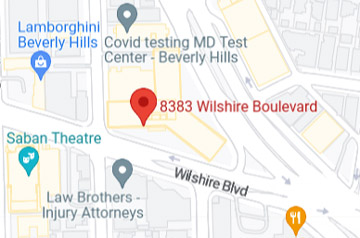
In 2012, Nissan began manufacturing certain Pathfinder and Infiniti QX60 / JX35 vehicles with continuously variable transmissions (CVT). The CVT transmissions had defects which caused the vehicles to shake, jerk and/or shudder when operated. Unlike typical automatic transmissions, CVT transmissions do not have fixed gears. Instead, CVT transmissions are equipped with belts and pulleys that regularly adjust to provide the ideal ratio for each particular driving situation. Benefits of the CVT transmissions include lower production costs and better gas mileage.
The class action filed against Nissan alleged that the CVT transmission in the vehicles at issue was associated with a “CVT belts slip condition,” or the transmission’s chain drive’s inability to transfer power and accelerate the vehicle. According to the lawsuit, consumers more often experienced the vehicle shaking and failure to accelerate at low speeds. In an attempt to remedy the problem, Nissan began reprogramming the software on the vehicles’ transmission control units. The updated software, however, failed to fix the defect and consumers continued to experience the same problem.
Thereafter, Nissan published a technical service bulletin which called for one of two repairs. Technical service bulletins are documents published by vehicle manufacturers that provide repair instructions for known product defects. They are highly useful in prosecuting lemon law claims, especially claims under the California Lemon Law. According to the technical service bulletin, if the vehicle at issue met certain criteria, the continuously variable transmission was to be replaced in its entirety. For other cases, the technical service bulletin called for a further round of reprogramming the transmission control unit and further road testing. If the vehicle continued to exhibit shaking and shuddering symptoms during the road test, the technical service bulletin authorized a transmission replacement.
The class action lawsuit continues to allege that even after the multiple software updates and repeated transmission replacements, many consumers continued to experience the problems associated with the defective continuously variable transmissions. The class action Complaint cites multiple reports made to the National Highway Traffic Safety Administration about the transmission defects and how Nissan was aware of the issue, but had no remedy.
Rather than joining the class action, many consumers have opted to file individual California Lemon Law claims. More often than not, a valid individual California Lemon Law will yield better results than a class action settlement.








